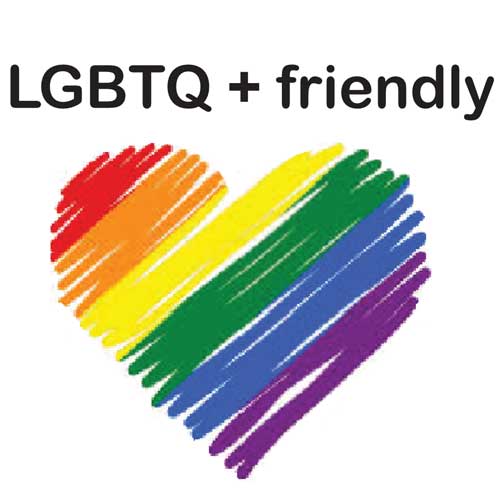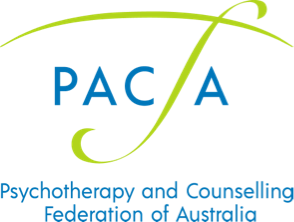What are Emotions?
What are emotions? We all have emotions however more often than not people are very unfamiliar with their emotions and how they feel. Our emotions and how we feel are very important as they both are responsible for directing most of our behaviour and informing our needs. Being able to recognise, feel and name our emotions is an important step toward increasing our emotional intelligence. We can then begin to make better choices for ourselves and lead a fuller and healthier emotional life.
So what is Emotion?
Emotion is a physiological experience that gives you information about the situation you are in or the people you are with. For example joy, sorrow, anger and fear are all emotions accompanied by certain physiological changes. For example, increased heart rate, tension, nausea, tears and butterflies etc.
So what is the difference between emotions and feelings?
Emotions are a physiological experience played out in the body, while feelings are your conscious experience of the emotion itself played out in the mind. When feeling into emotion cognition is involved in order to recognise the emotion. Feelings are basically the next thing that happens after having an emotion. Feelings are subjective in that they are influenced by personal experience, temperament, beliefs, thoughts, past experiences and memories. A feeling is the mental portrayal of what is going on in your body. How you feel about an emotion may vary greatly from person to person and situation to situation.
Emotions can also be unwittingly constructed. For example, just thinking about something threatening can trigger an emotional fear response in your body. Being aware of when you are doing this and using techniques to stop an unhelpful emotional construction is also a part of emotional intelligence. Furthermore, it is important to understand that while emotions are temporary (fear), the feelings they evoke (anxiety) may persist and grow over a lifetime. Life can then become a never-ending cycle of painful and confusing emotions producing negative feelings which cause more negative emotions without you ever really knowing why.
So emotions are not necessarily always linear and easily experienced. “I have an emotion, I feel it and then I understand what I need.” Often emotions are disowned or avoided through the use of work, alcohol, television, relationships and conflict etc. Not making friends with and getting to know your emotions can lead to health issues, relationship breakdown, stress and other unwanted situations. So slow down and spend some time getting to know your emotions and how you feel. Your emotions are a big part of who you are!






